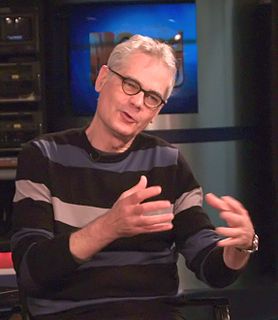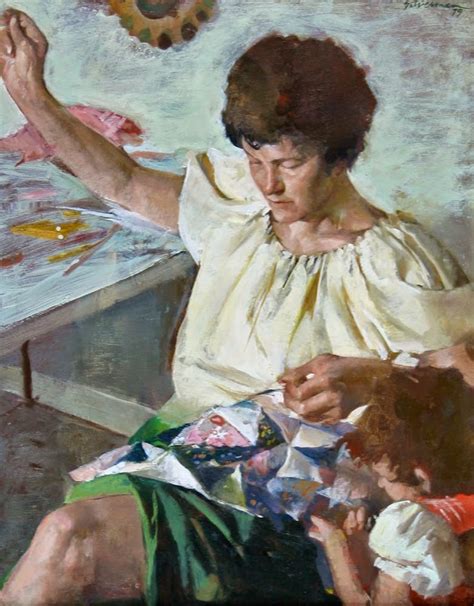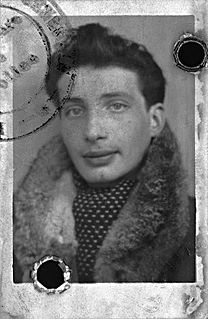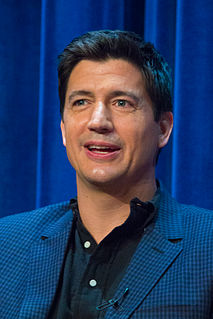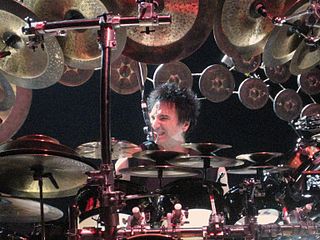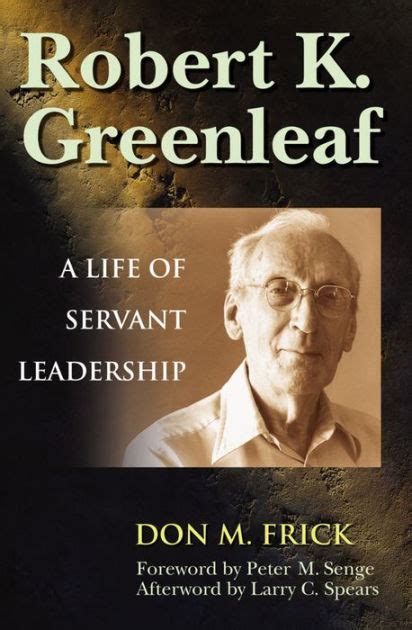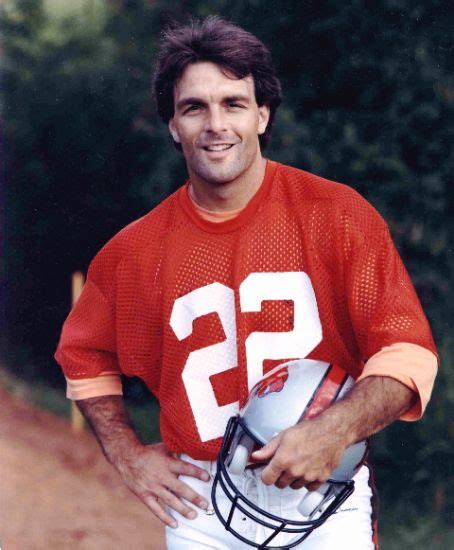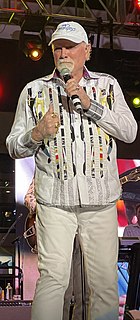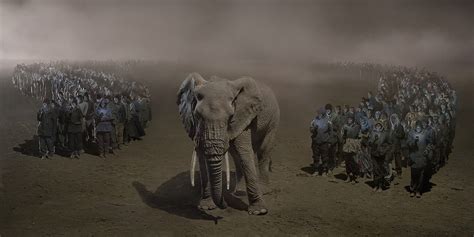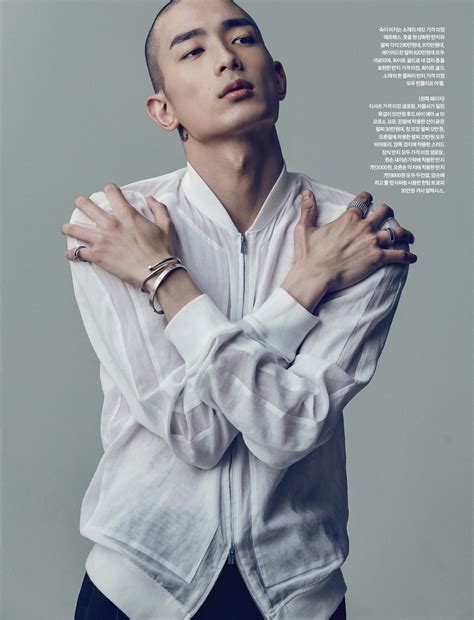A Quote by Caleb Deschanel
The great photographers of life - like Diane Arbus and Walker Evans and Robert Frank - all must have had some special quality: a personality of nurturing and non-judgment that frees the subjects to reveal their most intimate reality. It really is what makes a great photographer, every bit as much as understanding composition and lighting.
Related Quotes
Producer Ed Pressman had a book about Diane Arbus - it's the only biography that exists - and there had been many Diane Arbus scripts. Many. I don't even know how many over the years. And it's sort of a cursed project, for lots of reasons. There's probably some pile somewhere of all these weird attempts, all these portraitures that can't get made.
A photographer is a witness. He has a moral duty. Every picture must be true and honest. I believe a photographer's strength is his ability to accurately record reality. There are photographers who think they are lucky if they find unusual or special subject. But it is never the subject that is so marvelous. It is how alive and real the photographer can make it.
It is essential for the photographer to know the effect of his lenses. The lens is his eye, and it makes or ruins his pictures. A feeling for composition is a great asset. I think it is very much a matter of instinct. It can perhaps be developed, but I doubt if it can be learned. To achieve his best work, the young photographer must discover what really excites him visually. He must discover his own world.
Quality doesn't mean deep blacks and whatever tonal range. That's not quality, that's a kind of quality. The pictures of Robert Frank might strike someone as being sloppy-the tone range isn't right and things like that-but they're far superior to the pictures of Ansel Adams with regard to quality, because the quality of Ansel Adams, if I may say so, is essentially the quality of a postcard. But the quality of Robert Frank is a quality that has something to do with what he's doing, what his mind is. It's not balancing out the sky to the sand and so forth. It's got to do with intention.
I think that the photographer must completely control his picture and bring to it all his personality, and in this area most photographs never transcend being just snapshots. When a great photographer does infuse the snapshot with his personality and vision, it can be transformed into something truly moving and beautiful.
There are probably very few people who have not at some time of their lives had some quality of genius. If they have not had such, it is probable that they have also been without great sorrow or great pain. They would have needed only to live sufficiently intently for a time for some quality to reveal itself. The poems of first love are a case in point, and certainly such love is a sufficient stimulus.
You have to look for a unique quality in that person and it's not just always physical. I don't think models are great models because of their face or their body. Obviously, I think their physical characteristics are important, but I think it's very much about your personality and inner beauty and really understanding how to be a great model instinctively. And that's where it all comes from.
I love playing the Hard Rocks; they've got a great stage, great lighting, great sound, and not so humongous; its more intimate, so we love playing theaters and clubs where the audience has a really good chance to see and hear the group and where the acoustics are good. I like it when we can hear what we're doing.
I want to get a real sense of intimate connection with each of the animals - with that particular lion or elephant in front of me. I believe that being that close to the animal makes a huge difference in the photographers ability to reveal its personality. You wouldn't take a portrait of a human being from a hundred feet away and expect to capture their spirit; you'd move in close.
